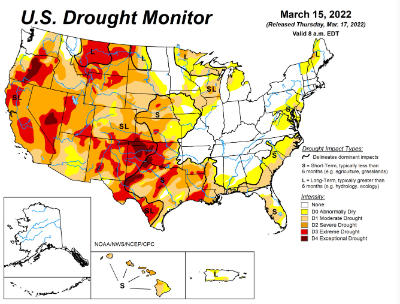State of Texas
A significant amount of misguided commentary accuses the State of Texas of defying the Supreme Court. In reality, the Supreme Court did not issue any directives to Texas. It simply annulled an order by the Fifth Circuit that prohibited federal authorities, during an ongoing lawsuit between the federal government and the state, from cutting the concertina wire placed by Texas along its 1,254-mile border with Mexico. The Supreme Court, without providing an opinion and against the objection of four justices who also did not offer written dissents, ruled that, for the time being, lower courts should not obstruct federal authorities from dismantling these barriers.
It’s crucial to note that the Supreme Court’s action did not instruct Texas to take any specific actions. The Court did not assert that Texas couldn’t implement measures to safeguard its territory and prevent intruders—a stance that would have raised constitutional concerns, as Justice Antonin Scalia elucidated in his Arizona v. United States opinion over a decade ago, a view explicitly cited by Governor Greg Abbott.
The jurisdiction over immigration and border enforcement is shared by both federal and state governments. The resolution of disputes in such matters, especially when Congress hasn’t enacted statutory laws to prohibit lawful defensive measures taken by Texas, becomes a political question. While the Supreme Court’s decision to vacate the injunction against the Department of Homeland Security (DHS) might be disagreeable, it reflects an understanding that border enforcement is primarily a political responsibility, not a judicial one. It involves security and diplomatic considerations outside the purview of the judiciary.
Despite disagreements with the Court’s action, it is likely that the justices, including Justice Amy Coney Barrett, were hesitant to allow federal judges to dictate how the Biden administration should carry out border enforcement or to endorse a court’s intervention in Texas’s enforcement strategies.
This dispute is expected to unfold more as a political matter than a legal one. The rhetoric about a “Civil War” is hyperbolic and driven by Democrats who recognize the political vulnerability of Biden’s position, especially with the approaching Election Day. The piece suggests that Biden may need to compromise with moderate Senate Republicans or face political consequences.
Regarding claims of defying the law, the article asserts that it is Biden, not Texas, who is doing so. The argument is that states must comply with federal statutory law, not the executive branch’s discretionary policies. Biden’s policy of releasing certain undocumented migrants into the United States contradicts the statutory law, specifically Title 8, U.S. Code, section 1225(b)(1)(B)(IV), which mandates the detention of aliens pending a final determination of credible fear of persecution.
In conclusion, the article contends that the legal framework requires detained status for apprehended aliens and outlines only two exceptions to this rule. The mass-parole authority claimed by Biden is deemed nonexistent within the existing legal provisions.






